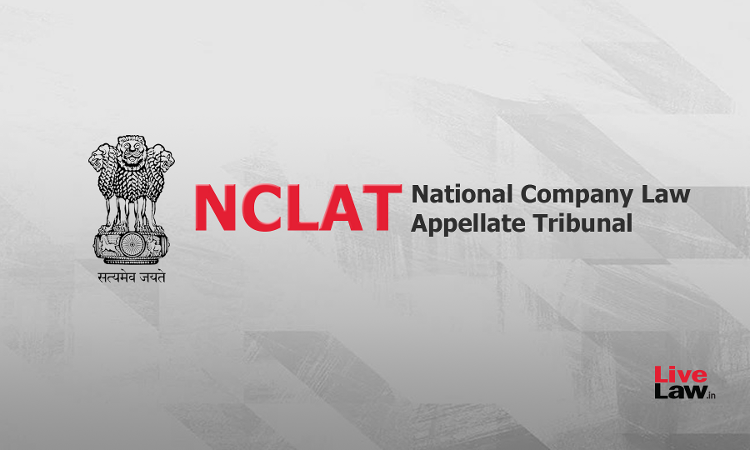No Condonation Beyond 45 Days, IBC Overrides Limitation Act : NCLAT Chennai
Pallavi Mishra
26 Jan 2023 9:00 AM IST

Next Story
26 Jan 2023 9:00 AM IST
The National Company Law Appellate Tribunal (“NCLAT”), Chennai Bench, comprising of Justice M. Venugopal (Judicial Member) and Ms. Shreesha Merla (Technical Member), while adjudicating an appeal filed in M/s. Platinum Rent A Car (India) Pvt. Ltd. v M/s. Quest Offices Limited, has held that Section 238 of IBC overrides Section 12 of the Limitation Act, 1963. The Bench declined...
